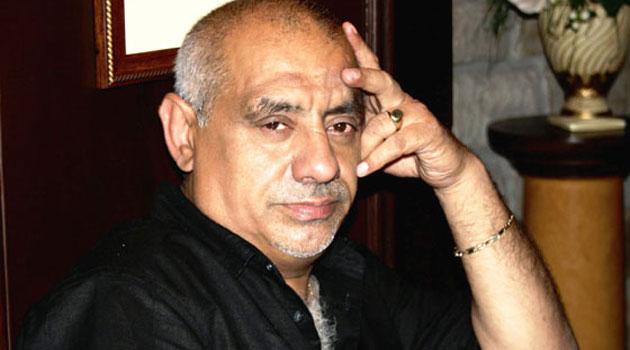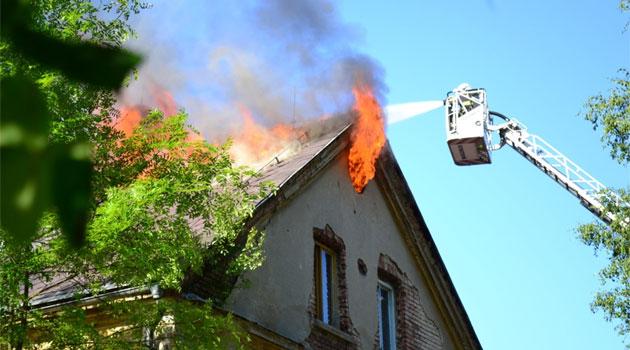Committee of Roma Regional Representatives distances itself from Czech Human Rights Commissioner

The Committee of Roma Regional Representatives (Gremium romských regionálních představitelů – GRRP) is yet another civic initiative to object to the personnel who are meant to be in charge of human rights in important positions in the Czech Republic. The civil society members of the Czech Government Council on Roma Minority Affairs protested a couple of days ago against the fact that Czech President Miloš Zeman has nominated former Deputy Public Defender of Rights Stanislav Křeček for the next holder of that office, and the GRRP is currently protesting against Helena Válková remaining in the job of Human Rights Commissioner.
Their objection is not just about the fact that during communism Válková’s academic work made way for the discriminatory institution of “protective surveillance”, but also about the attitude toward Romani people during the “normalization” era embodied by an anthology in which her co-authored contribution was published. As Romea.cz has reported previously, the consequence of that work was basically the allegation that Romani people are predestined to commit crime.
The GRRP is condemning that communist-era policy vis-a-vis Romani people, which it considers discriminatory, and is presenting it as the main cause of the current disastrous state of affairs in the area of human rights in the Czech Republic. News server Romea.cz presents their statement here in full.
Press release of the Committee of Roma Regional Representatives
Helena Válková has stirred up the political waters here. An article she co-authored that was published in 1979 has made it out of the dusty archives and into the light of day, describing the institution of protective surveillance, which was exploited by the communist apparatus against dissidents. The other author of the article was the infamous Josef Urválek. That communist prosecutor sent opponents of the regime to prison and to the gallows during the show trials of the 1950s. Válková is now Human Rights Commissioner. In addition, she led research for the Czech and Slovak Socialist Republic’s Prosecutor-General aimed at the “delinquent population of juvenile cikáni“. The conclusions of that research were published in an anthology. It follows from those conclusions that Roma “are predestined to commit crime.”
Helena Válková is a tragic figure with a very shabby past. Despite that fact, she has become Justice Minister, is now Human Rights Commissioner, and until recently was also a hot possible candidate for the Public Defender of Rights post, which Czech President Miloš Zeman nominated her to be. She eventually recused herself from that candidacy. She is refusing calls for her to resign and step down as Human Rights Commissioner, and she is also remaining in office as an MP. She has the support of the governing Association of Dissatisfied Citizens (ANO) movement and of part of the Czech Government Human Rights Council.
The subject that has carried the most weight in this scandal has just been a single fact: The tandem of Josef Urválek – Helena Válková during communism and the persecution of dissidents. We are not calling into question the hardship endured by the people who opposed the Communist regime. However, the fact that Válková, at the highest level of the state, participated in the preparation of the methodology for addressing the so-called “cikánský question” does not bother anybody from either the political or the professional public. We have not yet noted a single condemnation or statement from any of them that would at least partially support the Roma.
After all, communist ideology bears the greatest share of the blame for the current state of the Roma in this country. It was that ideology that deprived the Roma of their freedom and for many decades prevented them from accessing education and economic, social and societal development. Communism divided the Roma away from the rest of society and assigned them to the absolute margins. Anthologies and handbooks for social workers, members of the public security forces and street committees on how to deal with “cikáni” and deal with the “cikánský question” by experts such as Válková arranged for the sterilization of Romani women and men, the forced dispersion and disintegration of Roma families, and the removal of children to orphanages. The Roma still feel the consequences of this policy today. They especially feel it when promoting human and civil rights and freedoms.
The maturity of any democracy is symbolized by the state’s attitude to the human rights agenda. This means observing human rights, enforcing them, and punishing violations. The fight against communism was a fight for our human and civil rights. If politicians compromise on these basic principles because of their own interests, they accept a dangerous compromise. It is not possible to barter about human rights and freedoms in the style of “you scratch my back, I’ll scratch yours”. The attitudes of top politicians toward the Urválek-Válková case should be a warning signal for us. Our human rights and freedoms can become just empty phrases in the future.
Ladislav Bílý, Josef Duna, Ondrej Giňa st., Gremium romských regionálních představitelů
